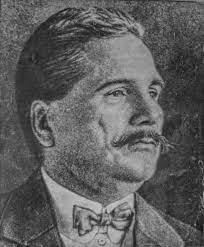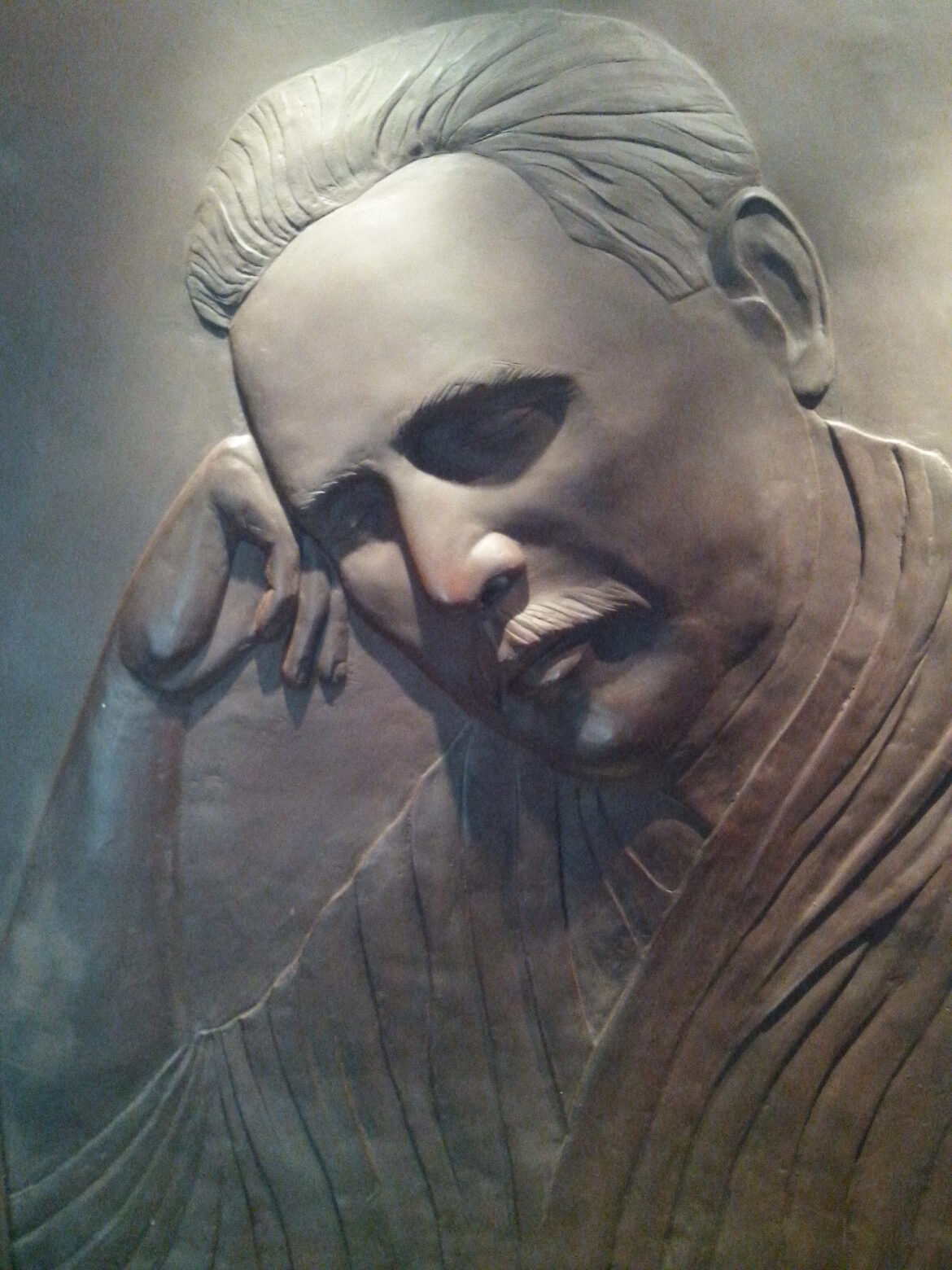Allama Iqbal is one of the most prominent figures in both Urdu and English literature. He is widely recognized as the national poet of Pakistan and a major influence on its culture, society and politics. As a philosopher, poet and politician he has left an indelible mark on South Asia’s history.
Iqbal was born in 1877 in Sialkot, Punjab and studied philosophy at Government College Lahore then went on to study law at Lincoln’s Inn in London. His philosophical Poetry, written primarily in Urdu and Persian language, explored themes such as freedom of thought, humanism and Islamic revivalism while his political activism pushed for the creation of an independent Muslim state within India which would later become Pakistan.
Allama Iqbal Urdu Poetry
Urdu Poetry has long been a source of artistic expression in the Indian subcontinent, and Allama Iqbal is one of its most celebrated poets. His works are renowned for their beauty, insightfulness and symbolism, as he explored themes such as society and politics. Allama Iqbal’s poetry have been translated into both English and Urdu, enabling readers from all over the world to appreciate his work.
Allama Iqbal’s legacy lives on through his powerful words that express the joys, sorrows and struggles faced by many people throughout history. His poems touch upon topics such as patriotism, faith, love and brotherhood with a profound eloquence that resonates with readers to this day. His timeless works continue to inspire generations of people from all walks of life who seek strength in his inspirational words.
Allama Iqbal English Poetry
English Poetry is an art form that dates back centuries. It has been used by some of the world’s greatest writers and poets as a way to express their innermost thoughts and feelings in a creative manner. One of the most famous English poets is Allama Iqbal. He was born in 1877, and his works have influenced many people all over the world.
Allama Iqbal wrote both Urdu and English Poetry in order to spread his message of self-realization and faith among his readers. His lyrics were full of philosophical ideas about life, politics, religion and other topics close to his heart. His best known works include The Call Of The Marching Bell, Shikwa, Jawab e Shikwa and Payam e Mashriq–all written in Urdu language but translated into several languages including English.
Popular Works
Allama Iqbal is one of the most beloved poets in the world. His work has been translated into many languages and he is widely regarded as a great poet, philosopher and political leader. He was instrumental in inspiring Muslim nations to strive for freedom from colonialism and to continue striving for knowledge and understanding.
Allama Iqbal Poetry has been a source of inspiration for generations of Muslims around the world; it speaks directly to their hearts, offering solace, hope, and guidance in difficult times. His works are full of wisdom and insight into the human condition that still resonates today. As such, his poems have become deeply embedded in popular culture: they are frequently studied by students across all levels of education; they form part of devotional practices; they appear on posters, t-shirts and social media posts; they even inform music lyrics.

Impact on Urdu Literature
Urdu literature has been heavily influenced by the works of great poets like Allama Iqbal. From his famous poem, “Sare Jahan Se Accha” to his highly renowned “Shikwa and Jawab-e-Shikwa”, Iqbal’s work has had a significant impact on Urdu Poetry in general. His use of metaphor and symbolism is evident in many of his works, which explore themes such as faith, patriotism and democracy. In addition to being an acclaimed poet, Iqbal was also a philosopher who wrote extensively about the state of man in society. His ideas were revolutionary for their time and continue to be relevant today. His contribution to Urdu literature is undeniable—his works are still studied and discussed in classrooms across the country.
Legacy of Iqbal
The legacy of Allama Iqbal poetry, one of the most renowned poets of modern South Asia, continues to live on and influence people today. Iqbal’s literary works have been read for generations across the world in both Urdu and English. His works explored topics ranging from politics to spirituality, creating timeless messages that remain relevant today.
To this day, Iqbal is remembered for his powerful messages about unity and peace. His poetic voice spoke out against oppression, encouraging readers to be agents of change in their own lives and communities. His works offer a sense of hope while reflecting upon events taking place around him during his lifetime and throughout history. By inspiring others with his words, he left behind an everlasting legacy that will continue to be celebrated by future generations.
HOW TO BECOME AN SEO CONTENT WRITER?







Comments are closed.